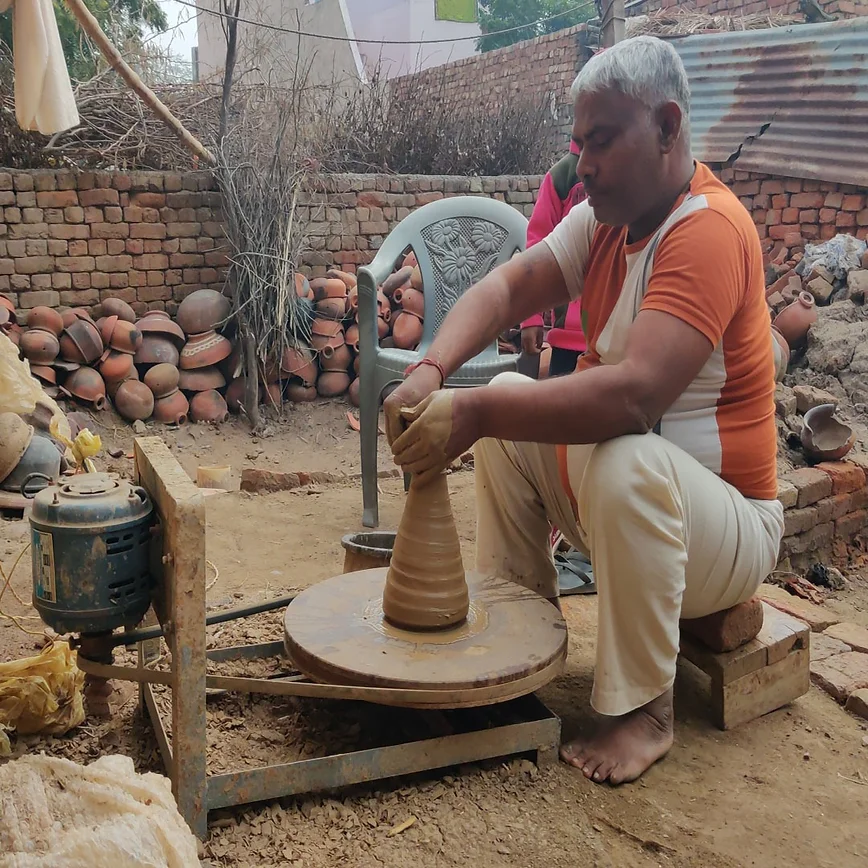Home
About Us
Identifying Heart, Lung, and Blood Disease-Causing Variants
by: TopGovernmentGrants Editorial StaffThe National Institutes of Health, otherwise known as NIH, is the agency operating within the United States Department of Health and Human Services that is fundamentally responsible for all of the country's biomedical and health-related research studies.
|
|
The programs and objectives of the NIH are tailored to contribute to the achievement of their agency mission, which is to "seek fundamental knowledge about the nature and behavior of living systems and the application of that knowledge to enhance health, lengthen life, and reduce the burdens of illness and disability."
In keeping with this mission, the National Institutes of Health has formed a partnership with the National Heart, Lung, and Blood Institute to establish a program that aims to Identify Heart, Lung, and Blood Disease-Causing Variants.
The Identifying Heart, Lung, and Blood Disease-Causing Variants Program aims to follow suit to research studies that intend to identify heart, lung, and blood disease-causing rare or lower frequency variants through the use of the extensive exome data that was discovered under the Recovery and Reinvestment Act of 2009.
The organizers of the program believe that this data will enable lung, heart and blood investigators, to focus on variants, genes, and pathways that could potentially lead them to a deeper and more thorough understanding of certain complex diseases.
(continued...)
Identifying Heart, Lung, and Blood Disease-Causing Variants
Page 2
About The Author
The TopGovernmentGrants Editorial Staff maintains one the most comprehensive Websites offering information on government grants and federal government programs. The staff also provides resources to other Websites with information on environmental grants and grants for youth programs. |
Additional Resources
category - Health Grants
Strategic Alliances for Medications Development to Treat Substance Use Disorder Program
2012 Tuberous Sclerosis Complex Clinical Trial Award Program
Pilot Surveillance System for High Impact/Low Prevalence Congenital and Inherited Conditions Program
Child Health Research Career Development Award Program
Follow @topgovtgrant
Social Entrepreneurship
Spotlight
Reviving Ancient Indian Art Forms – Empowering Artisans Towards Entrepreneurship

Rivaayat is an initiative by Shri Ram College of Commerce, Delhi to revive various dying art form and solve innumerable problems faced by the artisans. Rivaayat began with reviving a 20,000-year-old art form of pottery that is a means of survival for 600 families residing in Uttam Nagar, Delhi.
